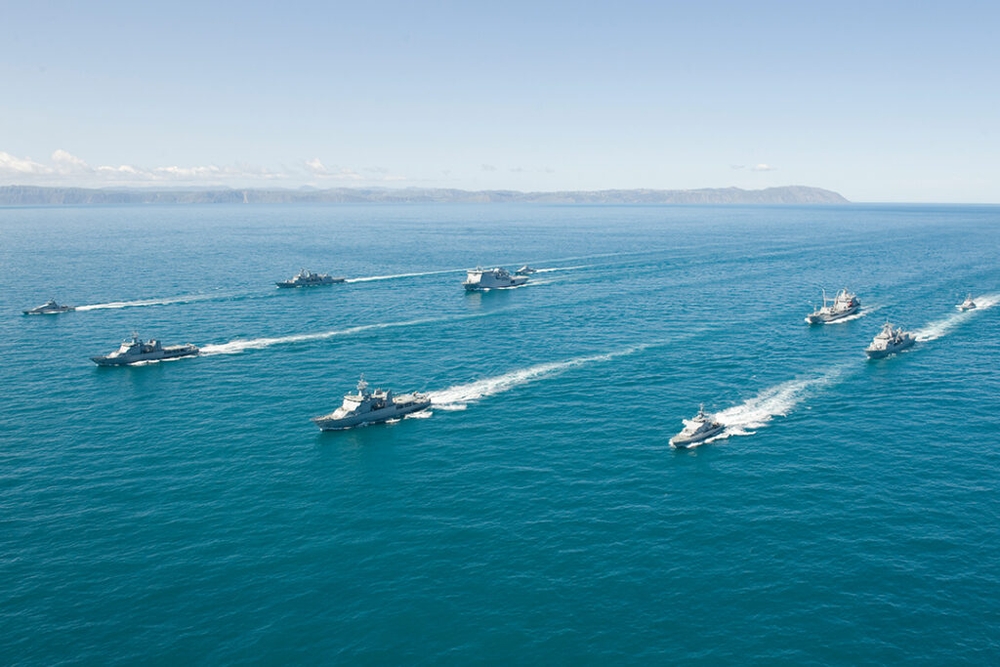Published
- 3 min read
Russia's Alliance with Yemen's Houthi Rebels: Implications

The evolving relationship between Russia and Yemen’s Houthi rebels has garnered significant attention, highlighting a complex interplay of military cooperation, geopolitical strategy, and regional security dynamics. This partnership, marked by the recruitment of Yemeni fighters and potential arms transfers, poses critical questions about stability in the Middle East and the broader global order.
Recruitment of Yemeni Fighters
Recent reports indicate that Russia has enlisted hundreds of Yemeni men, facilitated by Houthi-linked entities, to bolster its military efforts. These individuals were reportedly promised lucrative employment opportunities and Russian citizenship but found themselves coerced into military service upon arrival in Russia. Many lacked prior military training and were deployed directly to conflict zones. This strategy reflects Russia’s broader approach to supplement its forces amid ongoing military engagements.
Military Cooperation and Arms Transfers
The alliance extends beyond manpower. Intelligence suggests that Russia has provided the Houthis with advanced weaponry and critical intelligence support. Notably, there have been discussions, reportedly brokered by Iran, about supplying the Houthis with sophisticated anti-ship missiles, such as the P-800 Oniks. While concrete evidence of such transfers remains limited, the potential for these weapons to disrupt maritime activities in strategic waterways like the Red Sea is a significant concern.
Additionally, reports have surfaced of Russian military advisors operating within Houthi-controlled territories, offering strategic guidance and intelligence, including satellite data, to enhance the Houthis’ operational capabilities. This support has ostensibly enabled the Houthis to execute more precise attacks on maritime targets, thereby escalating regional tensions.
Geopolitical Implications
Russia’s engagement with the Houthis is emblematic of its broader strategy to expand influence in the Middle East, often aligning with Iran and its network of allied groups. By supporting the Houthis, Russia not only gains a foothold in the Arabian Peninsula but also positions itself as a pivotal player capable of influencing key maritime routes and regional security dynamics.
This alliance serves multiple strategic objectives for Russia:
-
Diversion of Western Resources: By enabling Houthi aggression in the Red Sea, Russia can divert Western military and economic resources, potentially alleviating pressure on its own fronts.
-
Leverage Over Regional Actors: Strengthening ties with the Houthis provides Russia with additional leverage over Gulf states like Saudi Arabia and the United Arab Emirates, both of which are directly impacted by Houthi actions.
-
Consolidation of Anti-Western Alliances: Collaboration with the Houthis aligns with Russia’s efforts to build a coalition of states and non-state actors that challenge Western influence, thereby reshaping regional power structures.
Regional Security Concerns
The burgeoning Russia-Houthi relationship has significant implications for regional security:
-
Threats to Maritime Security: Enhanced Houthi capabilities, bolstered by Russian support, pose increased risks to commercial shipping in the Red Sea, a vital artery for global trade.
-
Escalation of Regional Conflicts: The infusion of advanced weaponry and tactical support to the Houthis could intensify conflicts in Yemen and potentially spill over into neighboring regions, exacerbating humanitarian crises and destabilizing local governments.
-
Complications in Diplomatic Efforts: Russia’s involvement complicates international diplomatic initiatives aimed at resolving the Yemeni conflict, as it introduces additional layers of geopolitical interests and alliances.
Conclusion
The deepening alliance between Russia and Yemen’s Houthi rebels represents a multifaceted challenge to regional stability and international security. By intertwining military cooperation with strategic geopolitical objectives, this partnership has the potential to alter power dynamics in the Middle East, disrupt critical maritime routes, and complicate efforts toward peaceful conflict resolution. Addressing this issue requires a nuanced understanding of the underlying motivations and a coordinated international response to mitigate the associated risks.
